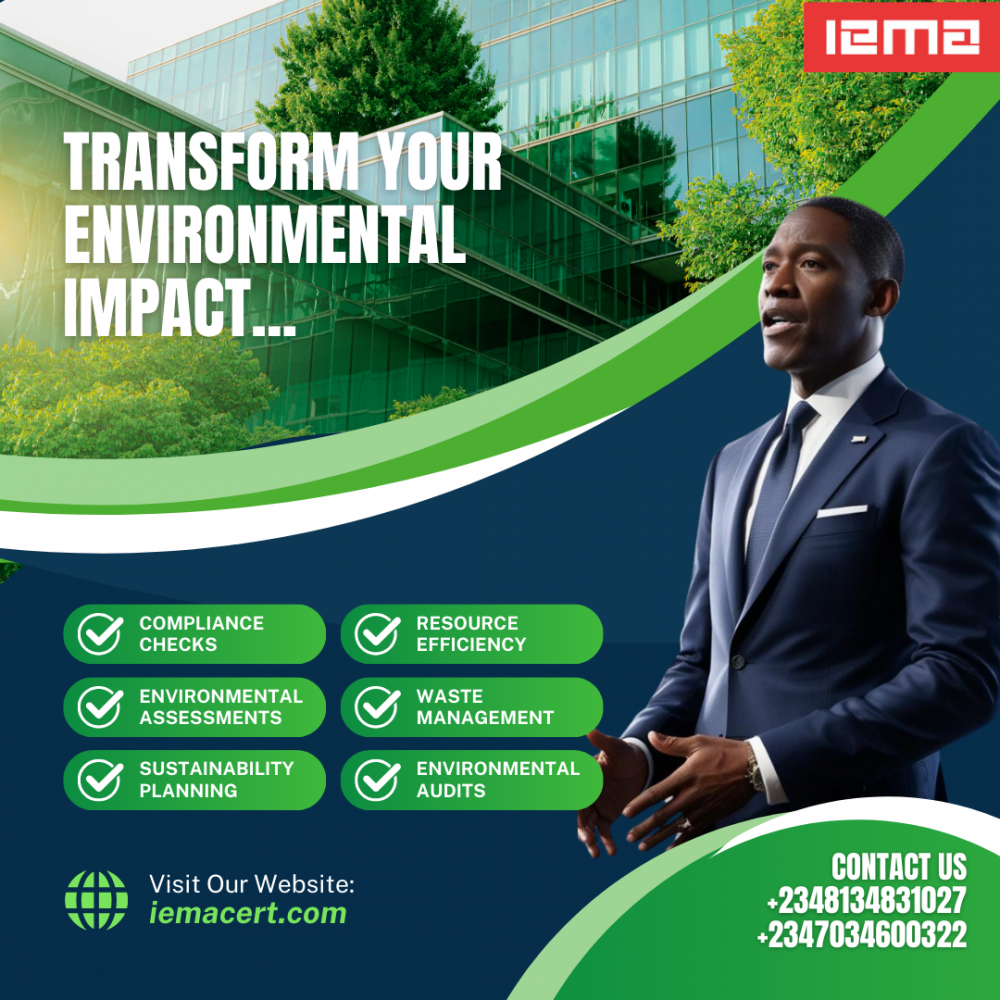Environmental consultants play a significant role in shaping environmental policy and regulation through various means:
Expertise Contribution: Consultants provide policymakers with expert insights, data, and analysis on environmental issues, helping to inform the development of evidence-based policies and regulations.
Regulatory Compliance Assistance: Consultants assist businesses and industries in understanding and complying with existing environmental regulations, which can inform policymakers about the effectiveness of current policies and areas needing improvement.
Policy Advocacy: Environmental consultants often advocate for more stringent environmental policies and regulations, based on their understanding of emerging environmental challenges and best practices in sustainability.
Policy Implementation Support: Consultants work with governments and regulatory agencies to develop and implement environmental policies and regulations effectively, providing technical assistance and capacity building as needed.
Stakeholder Engagement Facilitation: Consultants facilitate dialogue and collaboration among stakeholders, including government agencies, industry representatives, environmental NGOs, and community groups, to ensure that diverse perspectives are considered in policy development processes.
Innovation Promotion: Consultants promote the adoption of innovative technologies and practices that can help achieve environmental policy goals more efficiently and cost-effectively, driving progress towards environmental sustainability.
Monitoring and Evaluation: Consultants assist in monitoring and evaluating the effectiveness of environmental policies and regulations, providing feedback to policymakers for continuous improvement and adaptation to changing environmental conditions.
International Collaboration: Environmental consultants often engage in international collaborations and knowledge sharing initiatives, contributing to the development of global environmental policies and frameworks





Leave a Reply